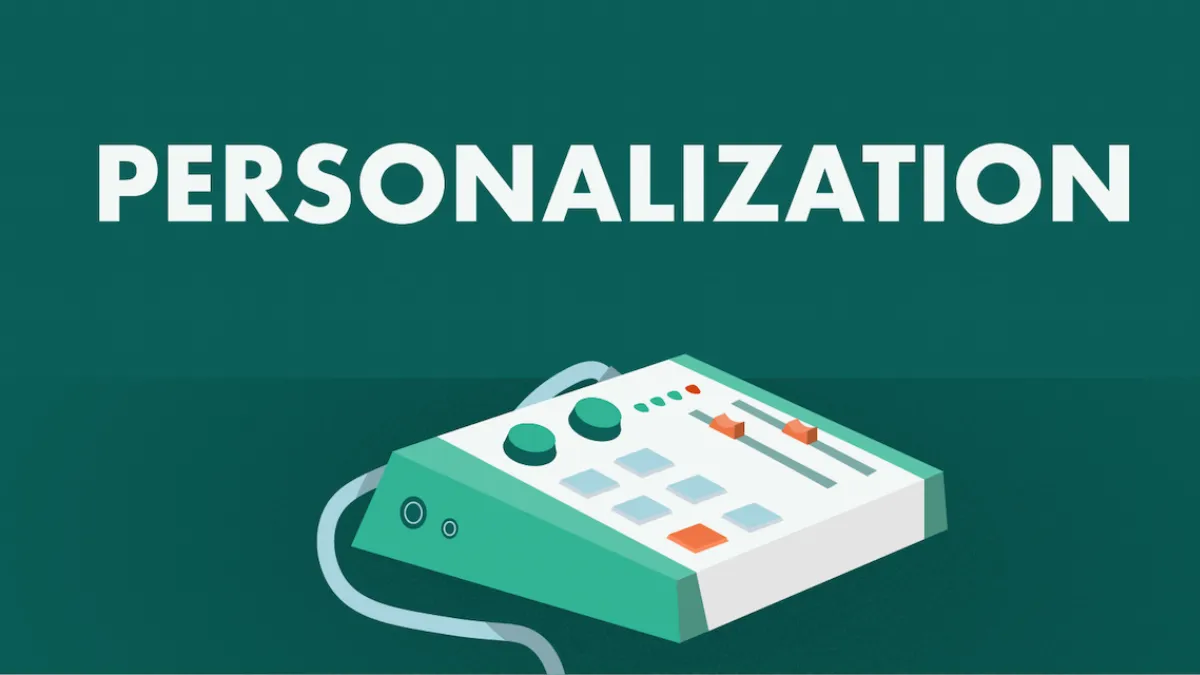In today’s digital-first world, personalization isn’t just a bonus—it’s a business necessity. Consumers expect brands to know who they are, what they like, and how they want to be engaged. But delivering this level of personalization to thousands or even millions of customers can be overwhelming without the right tools. That’s where Customer Relationship Management (CRM) systems step in. At the heart of every successful marketing strategy lies CRM’s secret superpower—personalization at scale.
Why Personalization Matters More Than Ever
Gone are the days of generic email blasts and mass marketing tactics. Consumers now crave tailor-made experiences. According to recent studies, 80% of customers are more likely to purchase from a brand that offers personalized experiences. When your messaging aligns with your customer’s needs, behaviors, and preferences, engagement skyrockets—and so do conversions.
But there’s a catch: true personalization requires massive amounts of customer data, seamless integration, and timely execution. That’s precisely what a CRM system delivers.
What Does Personalization at Scale Really Mean?
Personalization at scale means delivering unique, context-aware messages, offers, and interactions to every customer—not just a select few. Whether you’re a startup or a Fortune 500 company, CRM tools allow you to treat each customer like a VIP by automating personalized touchpoints across multiple channels—email, SMS, social media, websites, and more.
For example:
- A CRM can send a birthday discount to a loyal customer automatically.
- It can recommend products based on previous purchases.
- It can segment leads by behavior and send targeted emails that are more likely to convert.
This level of customization, executed consistently and at high volume, was once impossible. Now, it’s a competitive edge.
How CRM Enables Personalization at Scale
Here’s how modern CRM systems make large-scale personalization possible:
Centralized Customer Data
CRMs gather and unify customer information—purchase history, browsing behavior, communication preferences—into one dashboard. This 360-degree view of each customer allows businesses to act on data in real time.
Intelligent Segmentation
CRM platforms segment customers based on demographic, psychographic, or behavioral data. Instead of treating all leads the same, you can group and target customers with laser precision.
Automation and Workflows
With built-in marketing automation, CRM systems can trigger personalized messages based on specific actions—like abandoning a cart, downloading an ebook, or attending a webinar.
AI-Powered Recommendations
Some advanced CRMs use AI and machine learning to predict customer behavior and recommend next steps. Whether it’s suggesting a product or identifying when a lead is ready to convert, AI takes personalization to the next level.
Benefits of CRM-Powered Personalization
- Boosts Customer Loyalty: Personal touches make customers feel valued, increasing retention.
- Improves Engagement Rates: Personalized content receives higher open, click, and conversion rates.
- Streamlines Sales and Marketing Alignment: Sales teams can prioritize hot leads, and marketing can deliver smarter campaigns.
- Saves Time and Resources: Automation handles repetitive tasks, freeing up your team to focus on strategy.
Conclusion
Personalization at scale is no longer a pipe dream—it’s an achievable reality, thanks to CRM. Businesses that embrace CRM-driven personalization can build stronger customer relationships, drive more sales, and stand out in an increasingly crowded market. As customer expectations continue to rise, your ability to connect meaningfully with each individual—no matter how large your audience—may be your most valuable asset.
